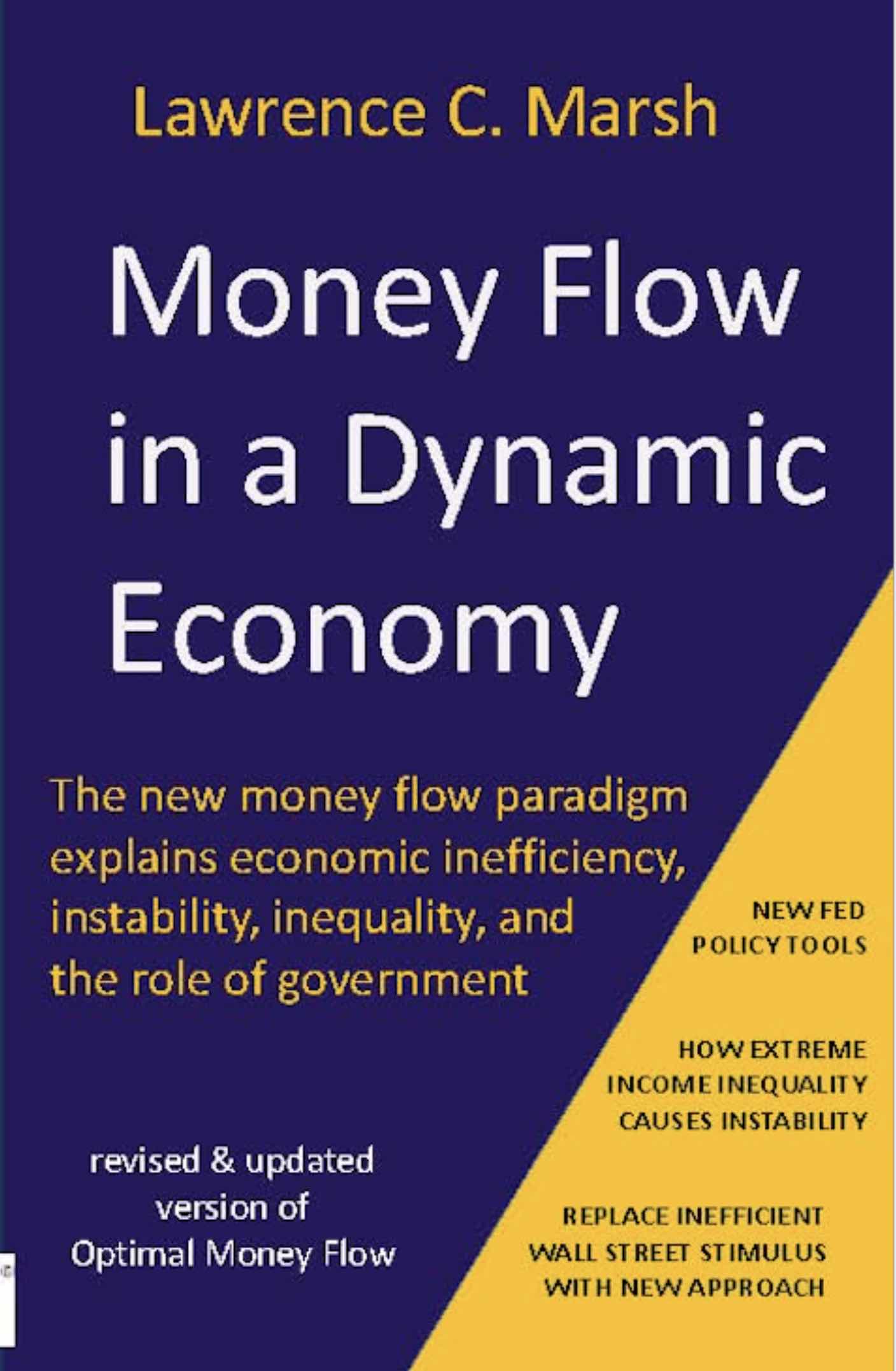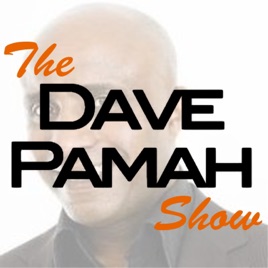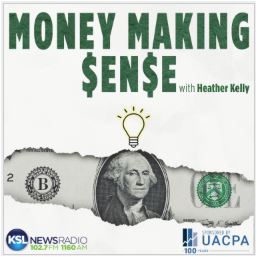Now Available!
Money Flow
in a Dynamic
Economy
A New Vision of How a Dynamic-Growth Economy Can Work for Everyone
By Lawrence C. Marsh
Now Available!
A New Vision of How a Dynamic-Growth Economy Can Work for Everyone
By Lawrence C. Marsh

Subscribe to receive a monthly Money Flow newsletter from Larry Marsh.
Positive solutions for our distorted money flow where middle-class workers are unable to buy back the value of the goods and services they produce, resulting in exploding private and public debt.
Money Flow in a Dynamic Economy delivers a powerful new perspective on the intersection of economics and politics. The book introduces professor Marsh’s money flow paradigm, which refutes age-old misconceptions about economic theory and explains how this more accurate understanding of the factors at play can help us effectively address the critical issues we face .
Readers will learn about Marsh’s keystone proposal for a new policy tool for the Federal Reserve Bank that would be much more effective in controlling inflation when the economy overheats, and in stimulating the economy in the face of an economic downturn without raising taxes or adding to the national debt: “My America” personal accounts for every person with a Social Security number that would allow the Fed to offer high savings account interest rates to discourage spending and encourage saving when excessive inflation threatens and the economy overheats.
Alternatively, when the economy falters and begins sliding into a recession, the Fed could offer small loans to individuals and small businesses at low interest rates. Providing funds directly to consumers who are most likely to spend it in periods of high unemployment will be much more effective and less expensive than the traditional “pushing on a string” policy of the Fed buying US Treasury securities in New York financial markets and hoping that some of that money would eventually trickle down to consumers to stimulate the economy.
This book delivers a fresh view of the interconnectedness of the globe and an updated understanding of the underlying economic forces that shape our lives today. Readers from business travelers to university students will rethink their basic assumptions about the nature of economics and the role of government.
Purchase your copy of Money Flow in a Dynamic Economy directly from Avila University Press, where all proceeds will go for student scholarships.
The United States has a trade deficit because of something similar to the Dutch Disease. The term “Dutch Disease” was coined by The Economist magazine in 1977 to describe what happened to the Dutch guilder after The Netherlands discovered large deposits of natural gas in its territory in the North Sea in 1959. The Netherlands
A while back I paid $9.98 for a pair of memory foam sneakers from Walmart, which were made in China. Lately, I noticed that the price has risen to $14.98 at Walmart. I was curious about the price increase so I investigated how this may have come about and what to expect in the future.
Econ 101: Principles of Economics has an easy answer for everything. For example, =>Does raising the minimum wage destroy jobs? The immediate response from Econ 101 is: “Of course. Workers will want to work more and employers will want to employ fewer workers and unemployment will shoot up.” But that is assuming that workers will

Marsh highlights the positive role government can play in nurturing a sound economy, both on the national and international stages.

Narrator Andrew Cullum energizes Marsh’s Optimal Money Flow with optimism and vocal zest

Larry was a guest on the Killing Time Podcast, discussing “How to Deal With Our Economic Instability.

What if The Fed Just Gave Us Free Money? w. Prof. Lawrence Marsh

Larry was a guest on the The Dave Pamah Show Podcast, discussing “Economic Solutions During Volatile Times.”

Larry was a guest on the Making Money Sense Podcast, discussing “Move money away from the rich to save our economy.”